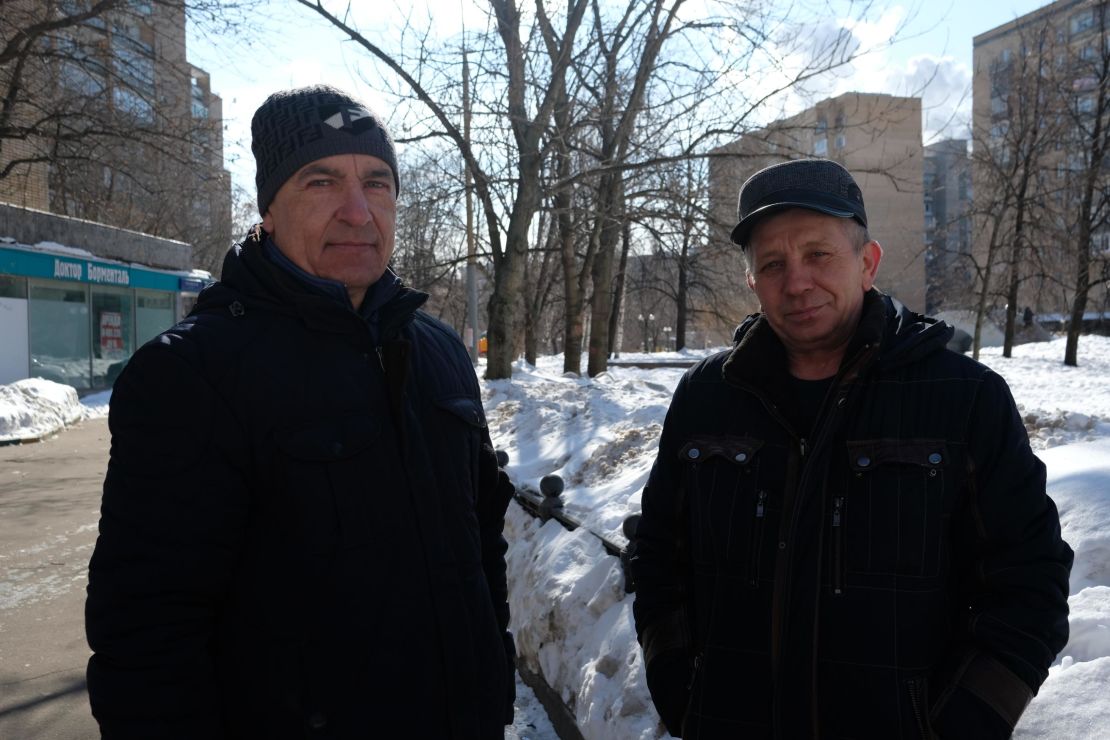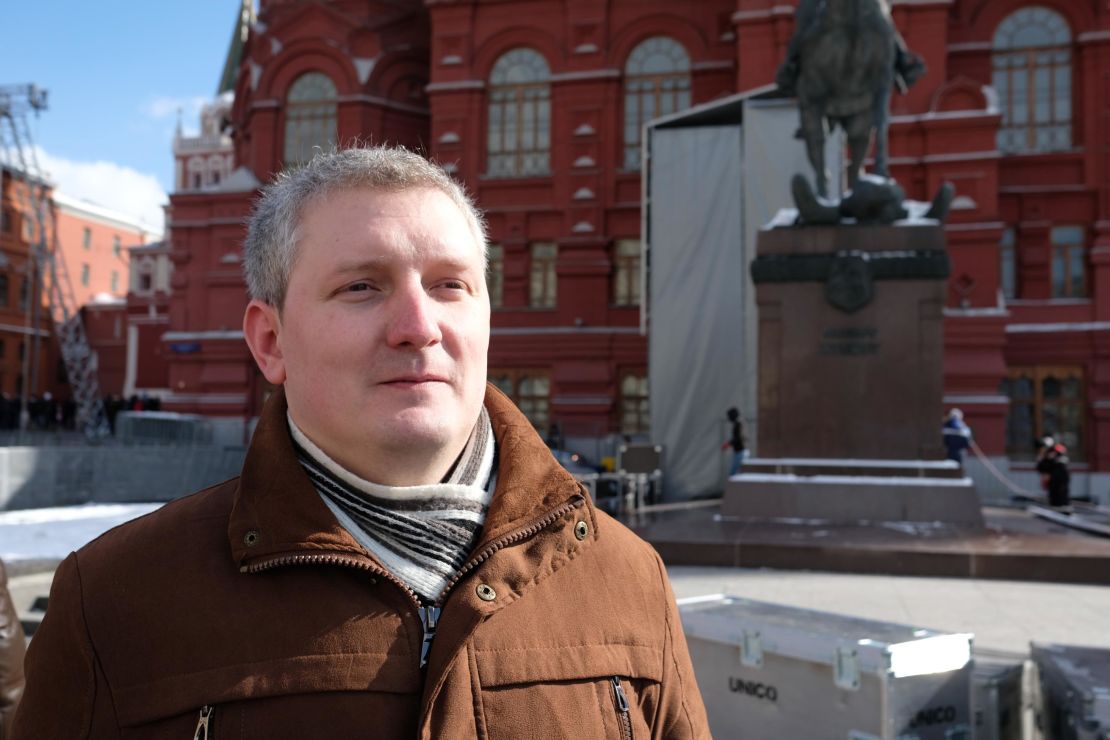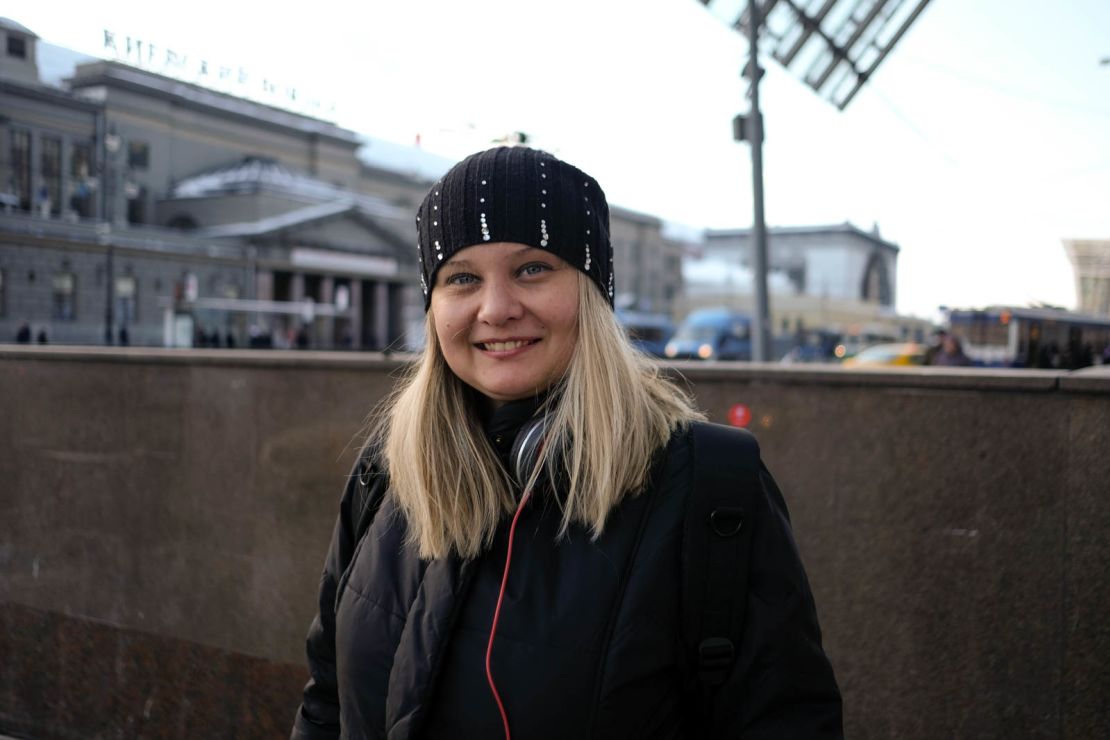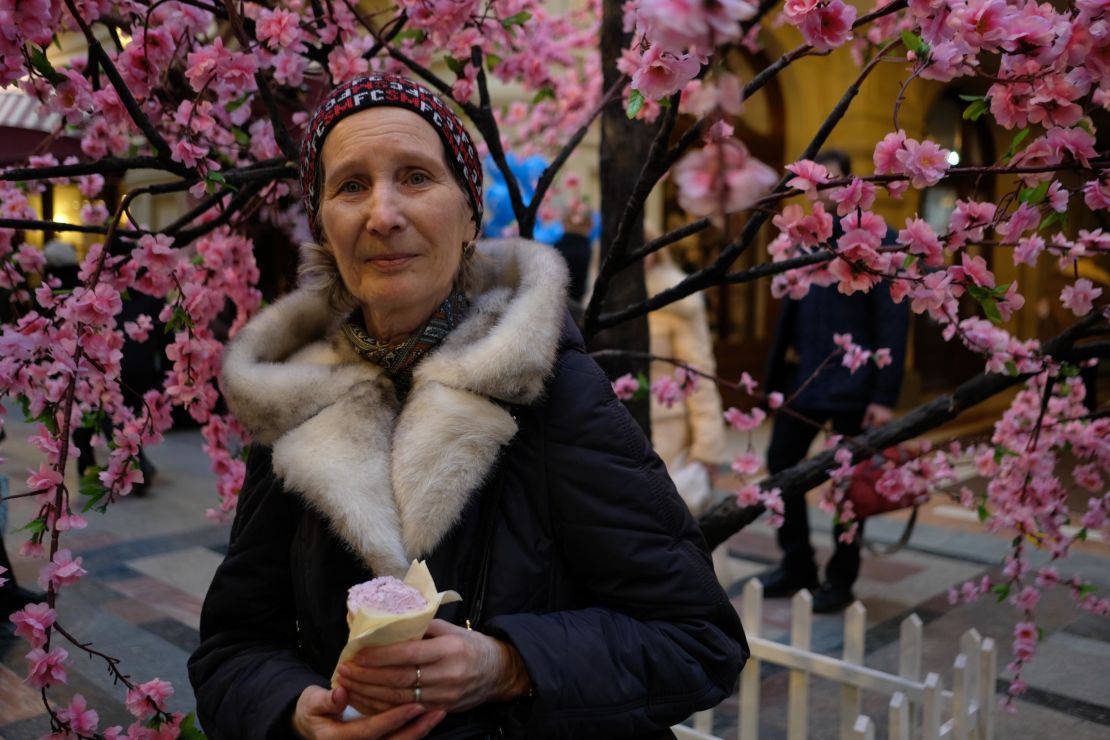When nations spend big on sporting events like the World Cup and the Olympics, the question is invariably asked: is it worth it?
For many Russians, the answer is a resounding yes – but their reasoning tends to go beyond a mere interest in football.
Some Russians hope the investment will detract the government from spending on its military. Others hope the tournament will give the world a better impression of Russia and its people.
Tensions between the UK and Russia have escalated in the aftermath of the poisoning of former Russian spy Sergei Skripal and his daughter Yulia in southwest England in early March. More than 20 countries expelled Russian diplomats as a result, with Russia retaliating in kind.
And in April, the US unleashed new sanctions on Russian oligarchs and government officials to punish Putin’s inner circle for interfering in the 2016 US election in addition to other, ongoing aggressions in places like Syria, Crimea and the Ukraine.
But with 30 days to go until the World Cup, many Russians say they will welcome international football fans with a warm embrace.
READ: Why we cherish World Cup football kits
READ: Russia 2018 – who qualified and who missed out

On a bitter spring afternoon in central Moscow, Sergey, 50 and Aleksandr, 58 said they were proud that Russia was hosting the World Cup, both certain that Russia would win. Both men preferred not to give CNN their surnames.
The pair said the event was a chance for Russia to rebuild a relationship with the international sporting community in the wake of the state-sponsored doping scandal – leading up to and including the Sochi 2014 Winter Olympics – which led to Russia being banned from the 2018 Winter Games in PyeongChang.
“It’s a chance to demonstrate something,” Sergey said.
“That our country is still for sport, that they were wrong about the Olympics,” Aleksandr added.
Take a tour of the 2018 Russia World Cup stadiums
‘Sports, not guns’
Although the ban’s since been lifted, revelations of the state-sponsored doping program took a toll on Russia’s reputation in sport. And so did the economic cost: in February, Russia paid $15 million in anti-doping fines.
The World Cup has come at a great cost to the now stable Russian economy, which fell into a deep recession following Western sanctions and crashing oil prices in 2015.
Yet Aleksandr believes the investment – valued at an estimated $10B – will bring positive returns. New sporting facilities and improvements to old infrastructure will give young athletes better training opportunities, he said.
“We need to invest in sports, not only guns,” Aleksandr added wryly.
Russia is the third largest spender on military in the world, after the US and China. In 2016, Russia boosted its military spending to $69.2 billion, 5.4% of its GDP.
READ: Alex Iwobi: Nigeria star confident for World Cup

‘Russian way of behavior’
Across town, law student Svyatoslav Zalevski applauded any large investment outside of the military complex.
Sipping a coffee outside the Ploshchad Revolyutsii metro station Zalevski, 21, said: “If we take into account that our country spends 70 billion [USD] on weapons, that [the World Cup] was the right way to invest. Investing into culture and sport is good. Economy and culture are the best investments.”
Tickets are also a sizeable investment for most Russians who earn on average, $653 a month. Opening day games cost around 18,200 rubles (approximately $289), according to ticket prices posted on FIFA’s website in September.
The high cost is OK with Zalevski, who believes the price point will also help to “filter” out hooliganism.
“Uneducated and low-level people won’t be able to afford it,” he said, adding that visiting fans won’t need to worry about violence as a result.
But they should keep in mind the “Russian way of behavior.”
“A Russian person can be a bit aggressive,” Zalevski said, quickly adding, “but I think this year it won’t be that way.”


Inside the nearby GUM shopping mall, Lokomotive supporter Ariadna Korotkova, wrapped in her winter coat, was eating blackcurrant ice cream.
The 72-year-old, who also supports Manchester United, said that foreign fans shouldn’t worry for their safety in June, adding that they should keep an open mind about what Russia is really like.
She believes that an influx of tourism to Russia for the World Cup will help change foreigners’ preconceived notions about Russia; one where bears roam the streets, people drink vodka all day and play balalaikas, a traditional stringed instrument.
Visit CNN.com/football for more news, features and videos
“Let them come,” the grandmother said gently.
“There are enough stupid people everywhere.”

































